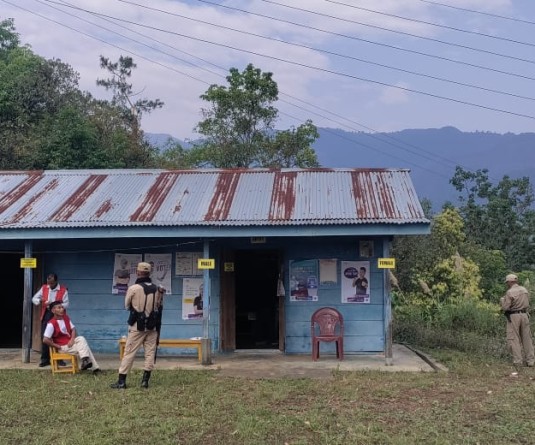
ITANAGAR, January 16 (Agencies): Awareness programmes are being held among the Mishmi (Idu) people in Dibang and Lower Dibang valleys, which have recorded the highest number of suicide cases in the country in recent times.
A study by Dr Tarun Mene, a research scholar from the Rajiv Gandhi University, revealed that the community has seen more than 226 suicides in less than four decades. In the past 30 days alone, there were three suicides - one in Lower Dibang and two in Dibang Valley districts.
Enju Linggi, president of IMCLS, the apex body of the community, blamed it on the “cultural factor”. “Suicide is an accepted practice in the community,” he said.
Euthanasia prevails among the Mishmi (Idu) people and the ailing or aged who wish to end their lives, are laid to rest in their burial places. Linggi compared this practice with other communities where suicide is condemned and the bodies of those who have committed suicide are shamed. “Change cannot be expected overnight. But we need debates and discussions to end this practice,” insisted Linggi.
Assistant professor of the Indira Gandhi College, Tezu, Razzeko Dele, felt suicides cannot be blamed on the “culture factor” alone. “There are moments in everyone’s life when one feels there’s no other way out. What is needed more to check suicides is emotional support and guidance,” he said, adding that according to him, lack of education and exposure is the prime reason for suicides.
Stressing on the need for psychological counseling among youths, who are attempting suicides, IMCLS women’s wing member Desai Linggi said the family status plays a big role. “If we study the backgrounds of those who committed suicide or those taking drugs, they mostly come from broken homes or where elders have failed to provide them with proper guidance and support,” said Desai.




